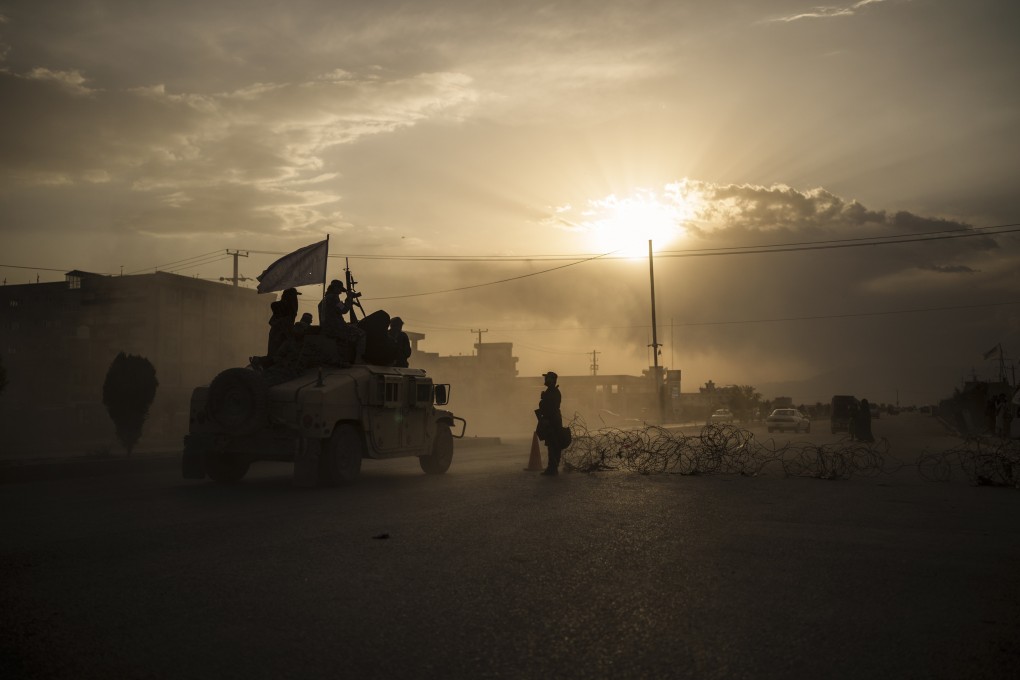China hosts Afghanistan talks as neighbours seek to ease concerns over Taliban
- Region’s countries to gather in Anhui, with Pakistan, Tajikistan, Turkmenistan and Uzbekistan facing tensions with new Afghan administration
- Officials from Russia and the US will also share a forum as they join China and Pakistan for a meeting on the sidelines

The meetings in Tunxi, in the eastern Chinese province of Anhui, will be a rare instance of officials from Moscow and Washington meeting since Russia invaded Ukraine last month.
The Chinese foreign ministry said on Tuesday that Yue Xiaoyong, China’s special envoy to Afghanistan, would host counterparts from the United States, Russia and Pakistan for the latest “troika plus” talks.
The four-way meeting will be held on the sidelines of a conference of ministers from Afghanistan’s neighbours, at which Foreign Minister Wang Yi will host ministers and officials from Iran, Pakistan, Russia, Tajikistan, Turkmenistan and Uzbekistan, the Chinese ministry said.
A State Department spokesperson said that Special Representative for Afghanistan Tom West planned to attend the meeting for the United States.
Attempts by China to mediate in Afghanistan have been in the spotlight since the US withdrew its military from the country in August and the Taliban seized power.
